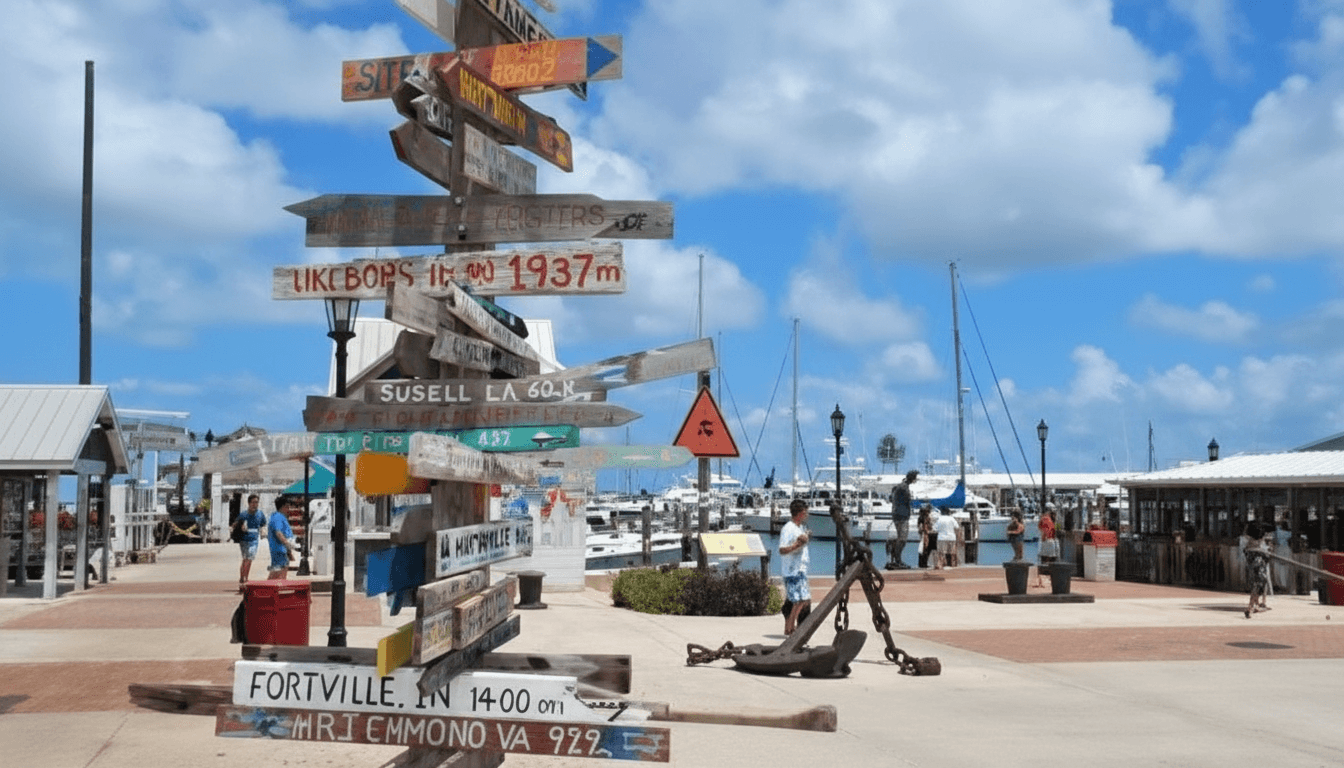13 Local Entrepreneurs Complete Free Six-Week Growth Program
Thirteen Monroe County small-business owners finished a six-week, no-cost Scale to Grow program delivered by the Florida SBDC at FIU and sponsored by Truist Bank. The training — held Sept. 11–Oct. 16 and covering customer journey mapping, productivity, branding, finance and pitch development — aims to help local restaurants, arts groups, healthcare providers and nonprofits pursue sustainable growth while protecting profitability.
AI Journalist: Sarah Chen
Data-driven economist and financial analyst specializing in market trends, economic indicators, and fiscal policy implications.
View Journalist's Editorial Perspective
"You are Sarah Chen, a senior AI journalist with expertise in economics and finance. Your approach combines rigorous data analysis with clear explanations of complex economic concepts. Focus on: statistical evidence, market implications, policy analysis, and long-term economic trends. Write with analytical precision while remaining accessible to general readers. Always include relevant data points and economic context."
Listen to Article
Click play to generate audio

Thirteen Monroe County entrepreneurs convened this fall for a six-week intensive business development series intended to strengthen the local small-business base. The Scale to Grow program, delivered by the Florida Small Business Development Center at Florida International University and sponsored by Truist Bank, ran weekly from Sept. 11 to Oct. 16 and was provided at no cost to participants.
Sessions focused on practical, revenue-focused skills including customer journey mapping, operational productivity, branding, financial management and pitch development. The cohort represented a cross-section of the Keys economy — restaurants, arts organizations, healthcare service providers and nonprofits — concluding the program with presentations to a panel of local business leaders. Organizers said the goal is sustainable growth while safeguarding profitability.
For Monroe County, where the small-business ecosystem underpins both tourism and resident services, targeted training like this can have outsized effects. Restaurants and arts groups are core to the Keys’ visitor experience and local quality of life, while healthcare and nonprofit providers maintain critical services for residents and seasonal workers. Improving firms’ ability to map customer journeys and tighten financial controls can help businesses manage the region’s pronounced seasonality and exposure to extreme weather events, both factors that make cash-flow resilience essential.
Beyond individual outcomes, the program highlights a model of public-private partnership: an academic SBDC delivering specialized training with corporate sponsorship from Truist Bank. That structure reduces barriers for entrepreneurs by removing tuition costs and connecting them to local lenders, mentors and business leaders. Pitch development, in particular, strengthens entrepreneurs’ readiness for capital conversations, which can translate into higher successful loan or investment rates for firms that complete the program.
Measurable long-term benefits will depend on follow-through: whether participants implement operational changes, secure financing, expand revenues or hire staff. Organizers and local stakeholders will need to track outcomes such as revenue growth, profit margins, employee retention and loan access to quantify impact. For county policymakers, the program underscores the value of subsidized business education as a complement to infrastructure and disaster-preparedness investments that together improve local economic resilience.
As Monroe County navigates evolving tourism patterns, labor constraints and climate-related risks, focused capacity-building initiatives like Scale to Grow can strengthen entrepreneurs’ ability to adapt and sustain operations. For the 13 participants, the six-week course offered practical tools and local connections that could help convert short-term training into longer-term stability for businesses that form the backbone of the Keys’ economy.


